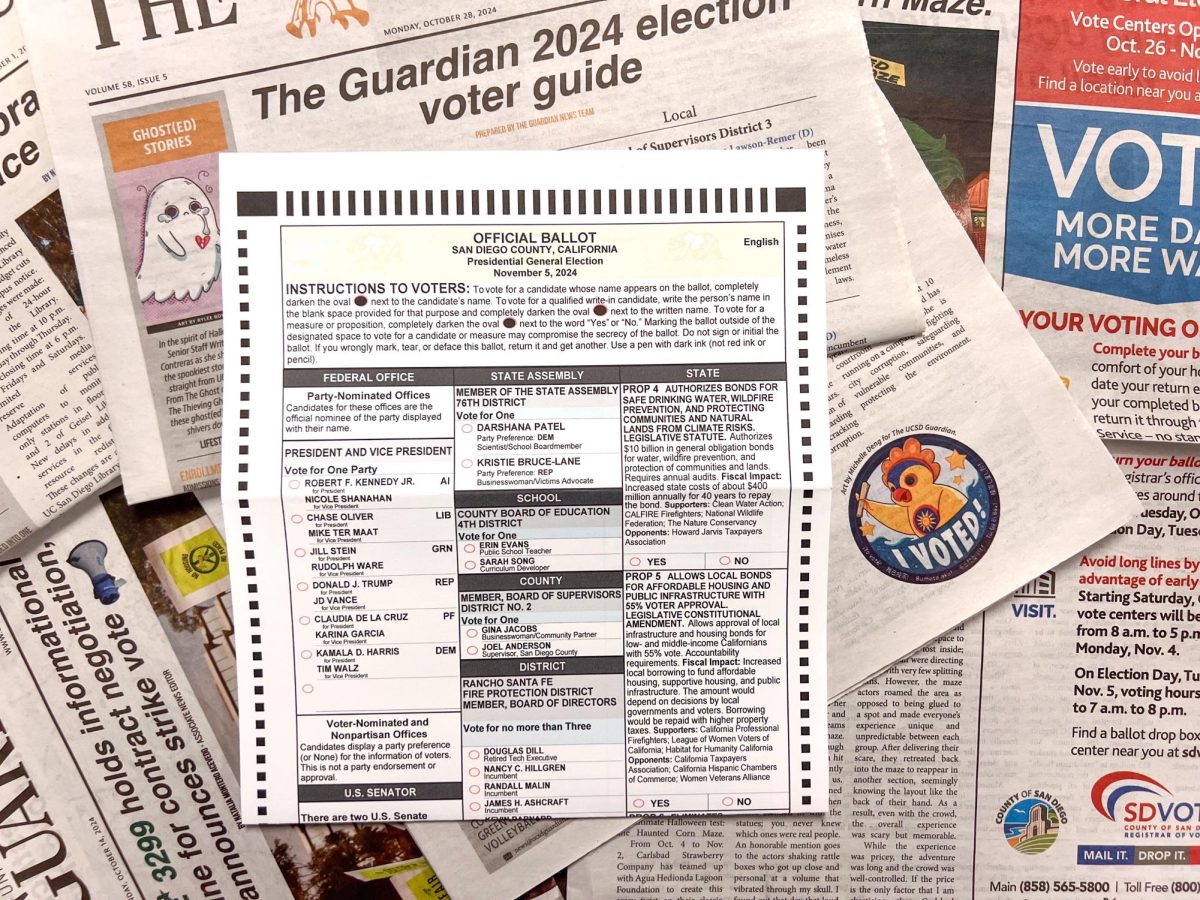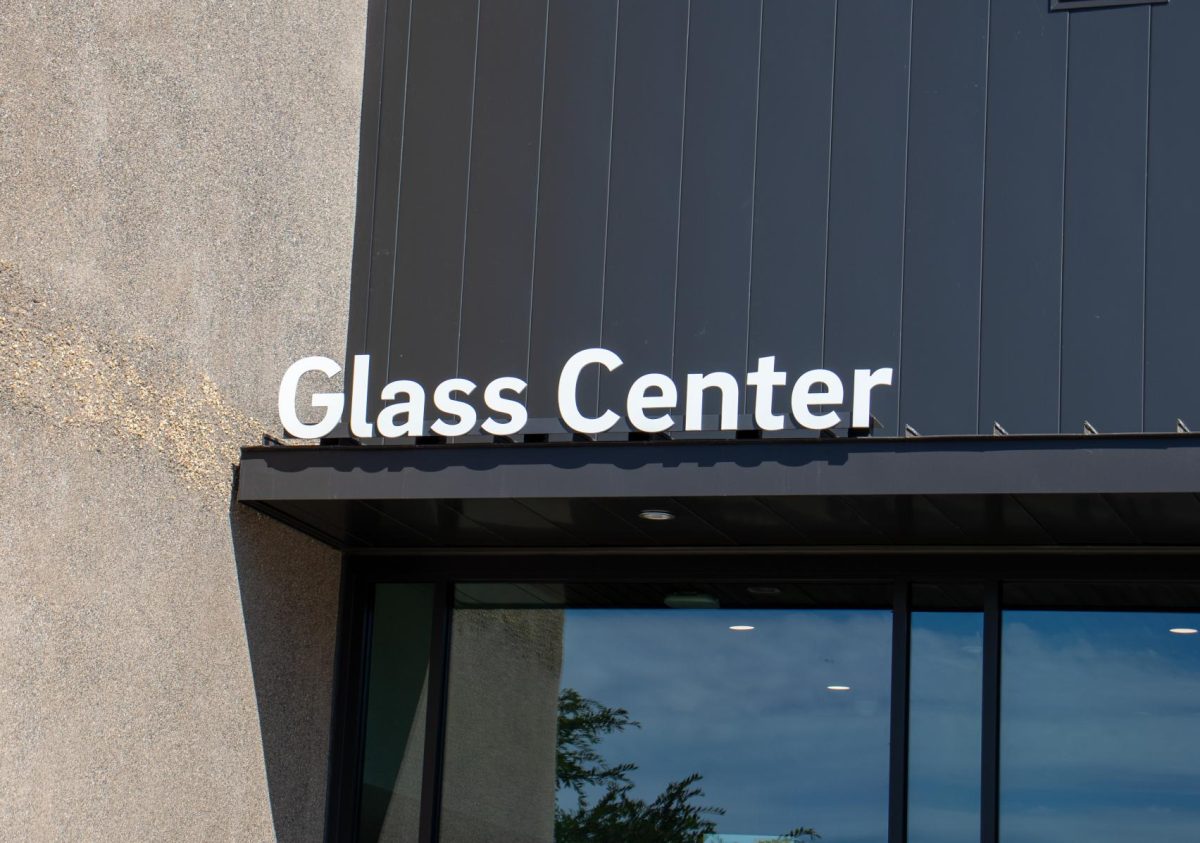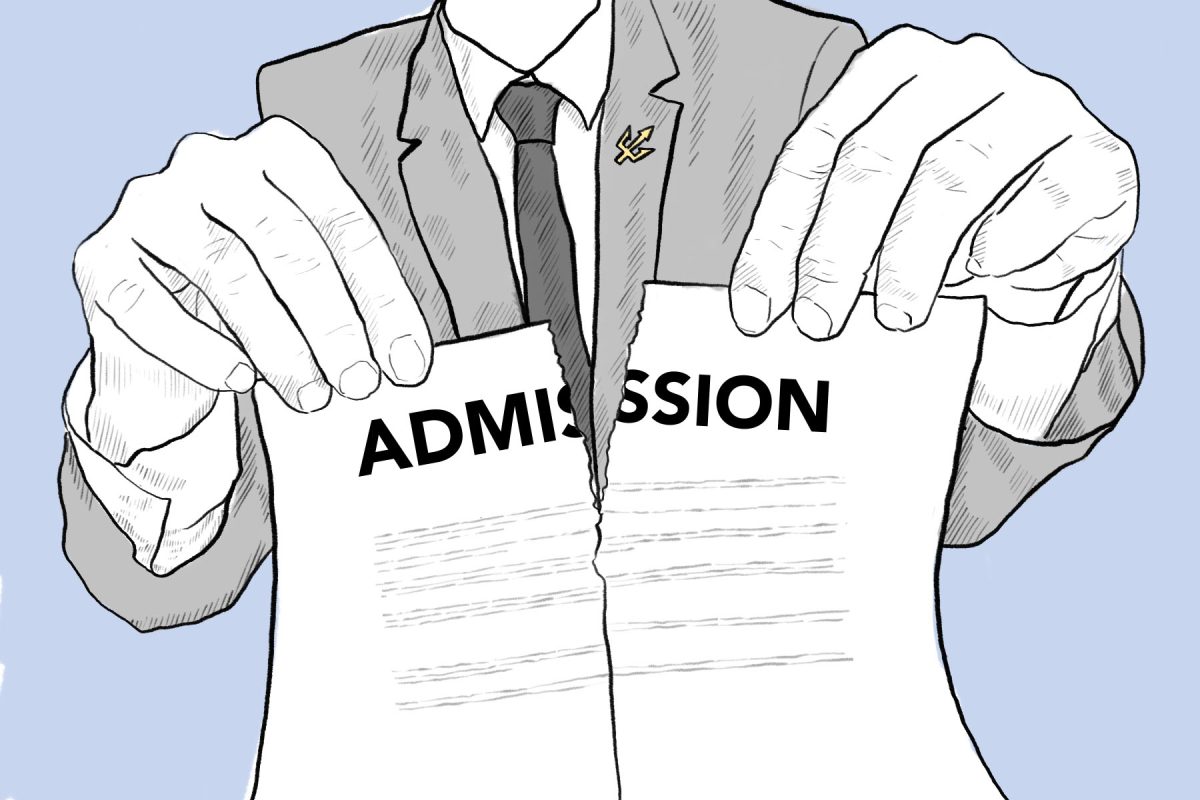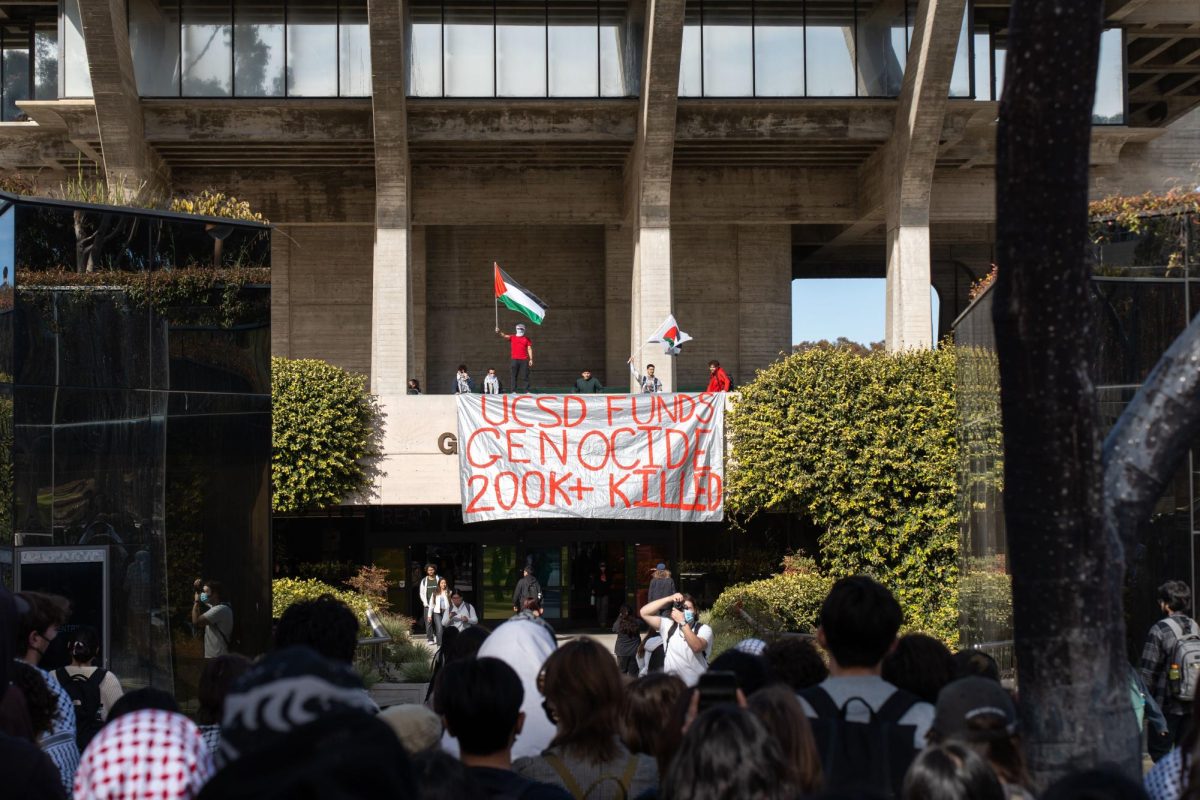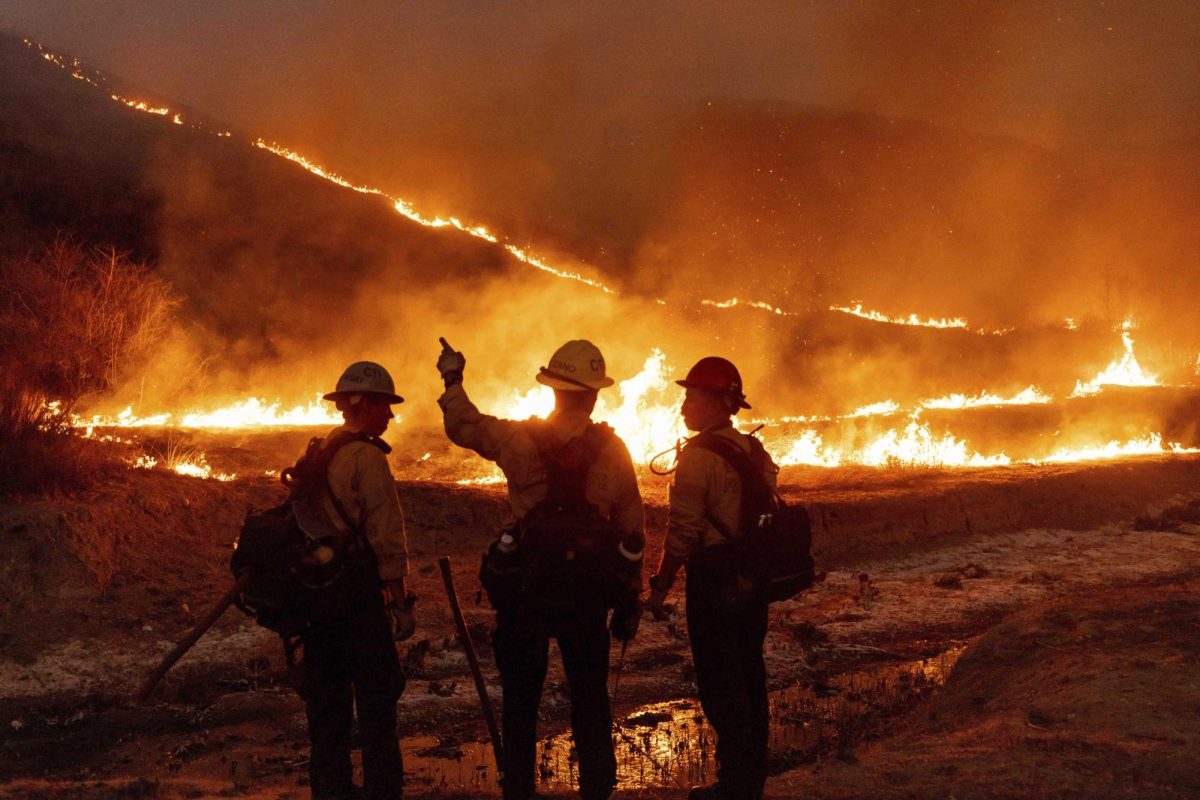The press often framed Tuesday’s election as a showdown between Vice President Kamala Harris and former President Donald Trump — the candidates representing the two parties which have dominated American politics for more than 160 years. However, dissatisfaction with the two major parties has been running high, especially among younger voters. This epidemic of disaffection left many young voters wondering whether to cast their ballots at all — and led some to consider voting for third-party candidates.
Historically, third parties in the United States have faced a number of obstacles: lack of funding, lack of public awareness, and regulations designed to keep them off the ballot in numerous states. Given these obstacles, voters who cast their ballots for a third-party candidate generally don’t do so in hopes that their candidate will win; rather, they do so to register a protest against the existing political system. Recent events, including the ongoing conflagration in the Middle East, have left many voters — especially young ones — feeling like they have much to protest about.
A poll of voters between the ages of 18 and 29 found Green Party candidate Dr. Jill Stein polling about 5%. This is substantially higher than the 1% she received among the general voting population in the same survey, indicating a higher level of dissatisfaction with the two major party candidates among younger voters. Furthermore, a bombshell report by the Council on American-Islamic Relations, the largest Muslim advocacy group in the United States, found that Stein was actually beating Vice President Harris among Muslim voters, 42% to 41%. Observers, including CAIR itself, attributed this unusually high level of third-party voting to Muslim Americans’ outrage at Democratic support for Israel.
Democrats were clearly alarmed by young voters and Muslim Americans drifting toward voting third party, enough so that the Harris campaign created a special team to handle public messaging around third-party voting. The Democratic National Committee also took out a $500,000 digital ad buy targeted at young voters, urging them not to vote for Stein or independent candidate Cornel West. This marks a departure from the previous line taken by major party candidates toward third party contenders — namely, ignoring them.
Third-party candidates have always been divisive in American politics, with partisans of one party or another frequently accusing third-party candidates of being “spoilers,” or of helping the other side win. Democrats, first in 2016 and again in 2024, became fond of saying that “a vote for Stein is a vote for Trump.” Amid the partisan accusations and heat of contentious election campaigns, the actual motivations of those who cast protest votes can sometimes fail to be heard — lost in the noise, so to speak.
As part of this publication’s look into what issues mattered most to UC San Diego students in the 2024 election, The UCSD Guardian spoke to students of all political stripes — including some who had voted third party or were considering doing so.
One student, who stated that “democracy” was the most important issue to him in this year’s election, said that he was considering voting third party because he felt that the two major parties are excessively influenced by the wealthy and corporations.
“I feel like the corporate control through lobbying is definitely the most important thing which is driving me towards voting third party,” the student said. “Both parties are well known for having large funding from various political action committees, which are funded by various corporations. It’s just legitimizing bribery. I’m not really comfortable with a government which is supposed to be for people, but which is paid for by corporations.”
The student acknowledged that third-party candidates don’t have the strength to win right now and that it takes time to build a base of support with which they can influence the political process. “Perhaps by voting third party, it would be easier for [that party] to have more ballot access in the next election,” he said.
Systemic factors also played a role; the student noted that protest voting is far easier in a state like California, where the outcome is essentially a foregone conclusion. The Electoral College system in practice leaves a few key swing states to decide the winner of the presidential election. This means that voters outside of these states can cast their ballots for a third-party candidate without fear of swinging the outcome.
“I try to look at what my situation is. I’m in California; for the past 20 or 30 years, it’s been a blue state,” the student said. “It continues to be a blue state by wide margins. I think of it in that perspective. — I think that I need to vote in a way that allows my goals and what I want to emerge over the long term, rather than something that’s rather short-term at this particular time.”
Another student, who already cast his ballot for Green Party candidate Jill Stein, cited the bipartisan support for Israel’s war and genocide in Gaza as the reason he voted third-party.
“This year, like every election, the most important issue for me is politicians supporting what the majority of Americans want. … Most Americans want a ceasefire. Most Americans want an arms embargo on Israel, which is actively committing a genocide in Palestine,” he said. The student echoed the assertion that both major parties are beholden to special interests, attributing this gap between politicians and regular voters to the influence of powerful pro-Israel lobbying groups. “Neither of the candidates are really representing any constituency that’s not giving them millions of dollars.”
The student expressed disappointment with Democratic policy on the Palestine issue. President Joe Biden has pursued a policy of strong support for Israel and has thus far refused to put any conditions on U.S. aid or weapons sales — even as Israeli forces have killed tens of thousands of civilians. The student said that he could not cast his ballot for Vice President Harris because she had not put forward any concrete proposals that would distinguish her Middle East policies from Biden’s, even if she took a less strident rhetorical tack on the issue.
“Is there any sign that she’s not going to be more of the same?” the student asked.
The student took issue with the “lesser of two evils” argument frequently deployed by partisans of the two major parties to discourage third-party voting. “My vote was basically a protest vote, at this point. It feels very bleak. Obviously, you can make the lesser of two evils argument — but you’re still voting for evil, at the end of the day.”
Democrats have often said that democracy is on the ballot because Trump will lead the country in an authoritarian direction. However, the student said that Trump is not unique in this regard—that anti-democratic and authoritarian tendencies have been present in American life for some time, but their impacts have only been felt by certain segments of the population.
“People say, ‘vote blue or you vote for fascism.’ Fascism is already here,” he said. “I say this as a student who went to student protests and witnessed, firsthand, UCSD arresting its students. If you’re a person of color, you’ve been dealing with fascism for pretty much your whole life. It’s only very recently that people are starting to see America for what it truly is.”
The student says that neither of the major parties have made an effort to reach out to young voters by concretely addressing the issues that are important to them — not just Palestine, but also issues around the cost of living and the cost of education. “Young people don’t have any voices that are actually speaking to them,” the student said. “Young people are just fed up.”
It remains to be seen where mounting youth dissatisfaction with the two major parties will lead. Regardless, there is no doubt that it is an issue worth watching.



